Our advocacy and awareness work focuses on three pillars of early childhood: early learning, health, and parent support.
Early Learning
The first few years of a child's life are a critical time for brain development, and early learning lays the foundation for lifelong learning.
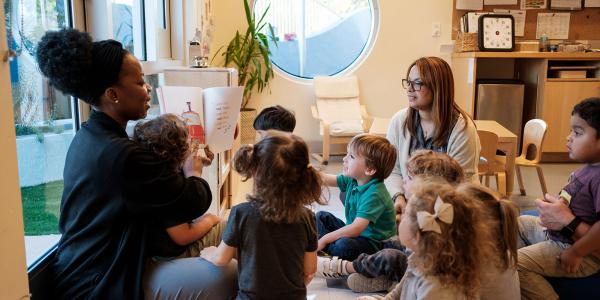
Nearly 50% of pre-k children are deemed ‘not ready’ for kindergarten when they leave pre-k.
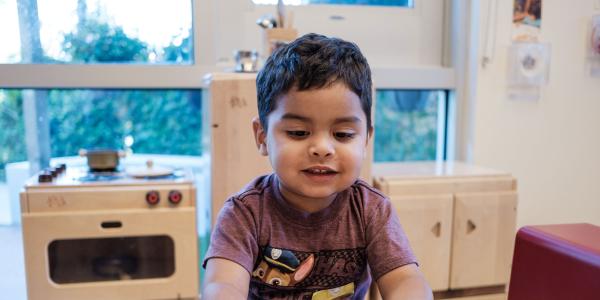
Florida spends $2,803 per child per year on VPK, but more than $90,000 per year to incarcerate a juvenile.
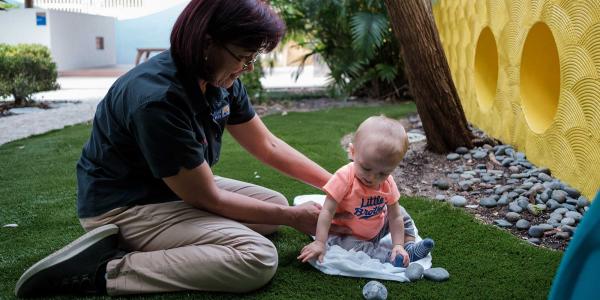
Economists have shown that expanding early learning initiatives would provide benefits to society of roughly $8.60 for every $1 spent.
Health
When children are healthy, they are ready to learn. A healthy child makes for a healthy community, where all children get off to a strong start and can reach their full potential. Having a medical home ensures children receive routine dental, vision, and developmental screenings.
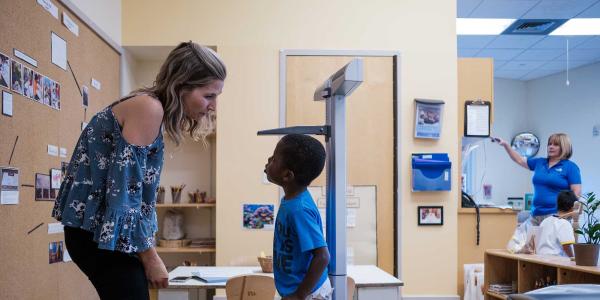
Florida ranks near the bottom in terms of providing our children with access to quality health care: 343,000 children are uninsured as of 2021.
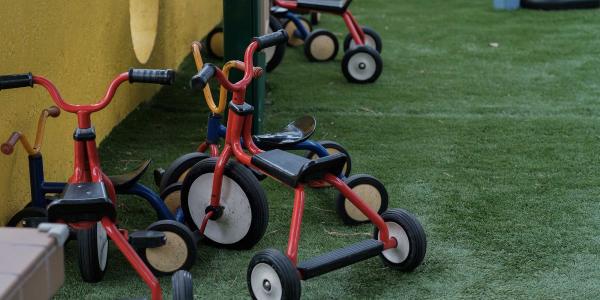
Without routine screening, only an estimated 30% of children with developmental issues are identified before they reach kindergarten. Early intervention can support families and caregivers to promote success in school and in life.
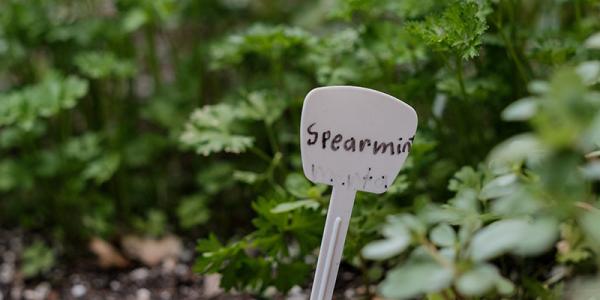
Early exposure to toxic stress can weaken a child's defense system against diseases, raising the risk of later heart disease, diabetes, and depression. It can also lead to lifelong difficulties in learning.
Parent Support
The relationships children have with their parents and other caregivers in their family and community are integral to their healthy development. We want to ensure caregivers receive the training and support they need to nurture the children’s cognitive, emotional, and social development.
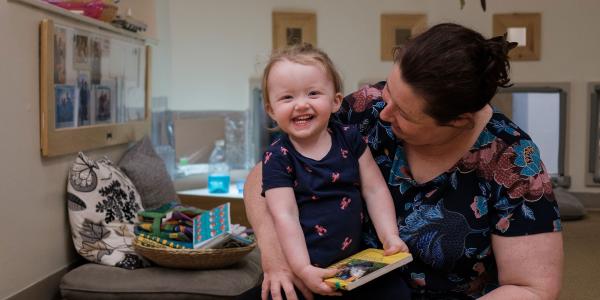
We know how to create stronger foundations for children’s development. One active ingredient is the “serve and return” relationships that children have with their parents and other caregivers in their family or community.
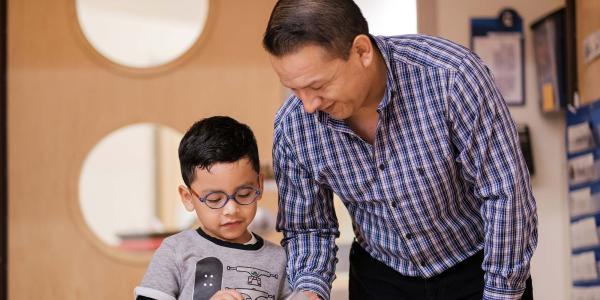
Chronic stressful conditions such as extreme poverty, abuse, or severe maternal depression—what scientists now call “toxic stress”—can disrupt the architecture of the developing brain.
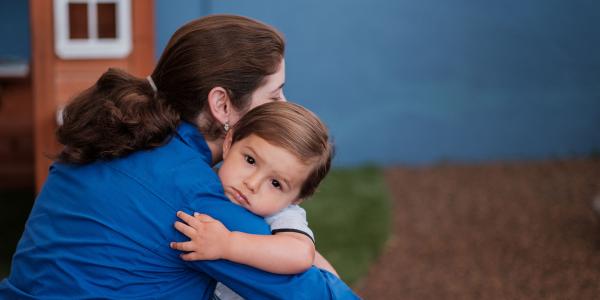
If we help the family manage stressors, and prioritize economic self-sufficiency, children will reap the rewards for the rest of their life.